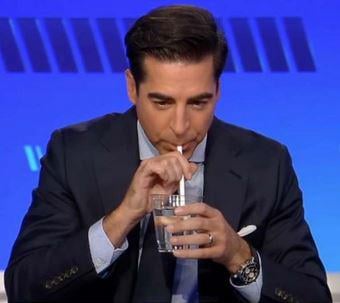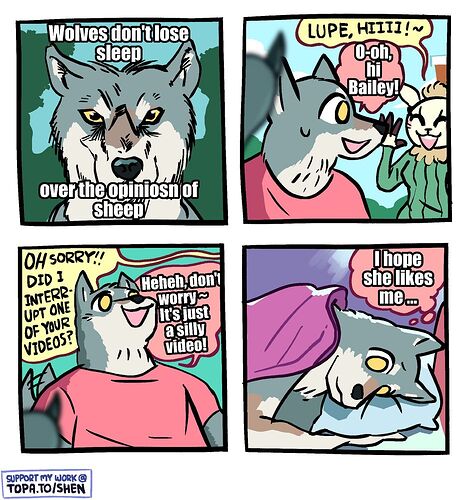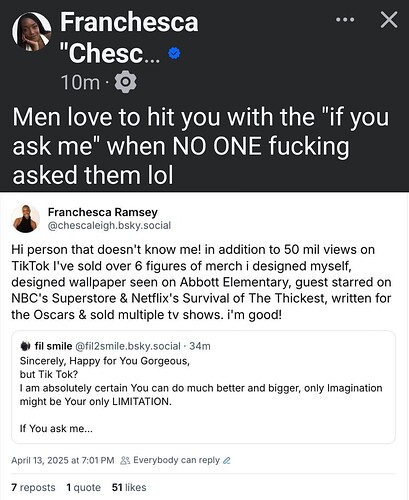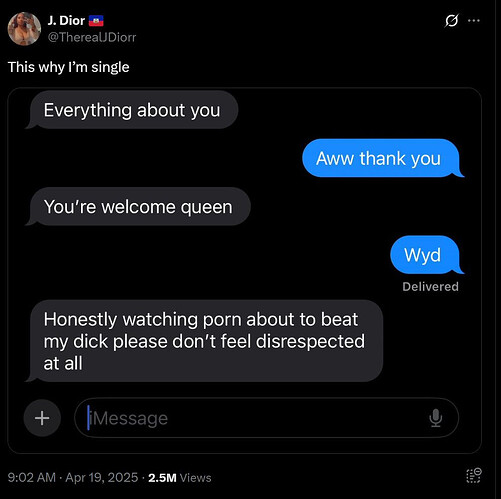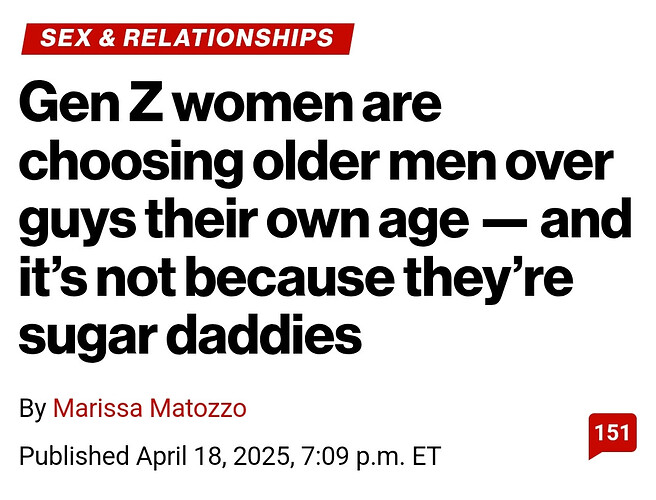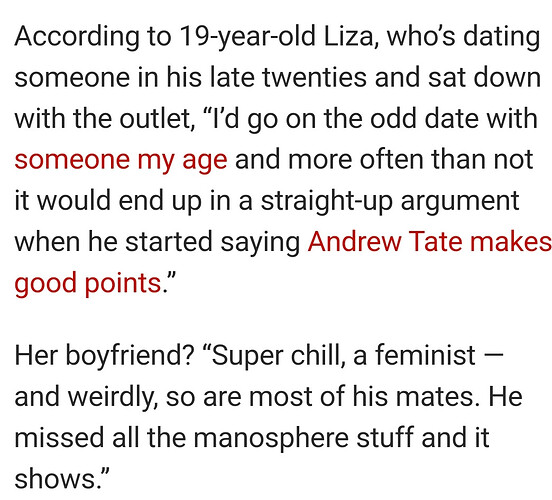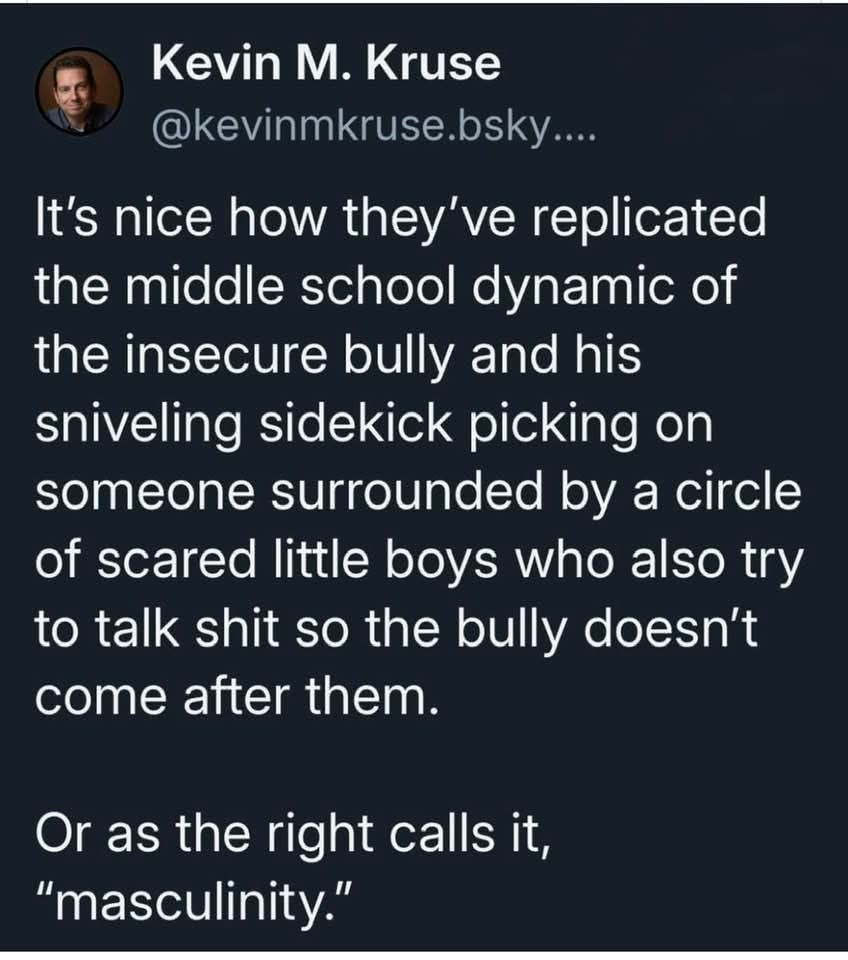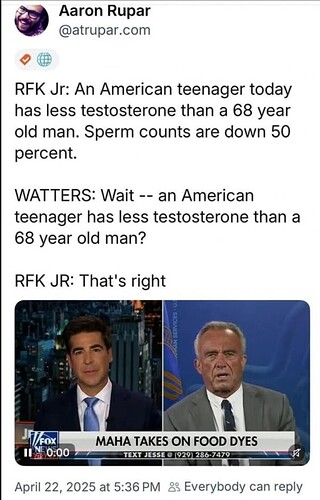Thanks, good to read Solnit’s negative take on the show. I’ve said here at Elsewhere that I loved it, but now I agree with her that it should’ve spent more time with characters who are girls and women.
I disagree with part of her criticism, though. She says the show lays too much blame on Internet-fueled misogyny, and too little on misogyny in general, and on its long history.
Well, as she does elsewhere in the piece, I think she’s asking one 4-hour series to tackle too much; such a multipronged social critique would likely water down its intense and thus powerful focus on certain misogynist influences on contemporary and dangerous teenaged boys.
That said, I think the series actually does address well a broader canvas of patriarchal misogyny. She also writes,
In the fourth episode Jamie’s father Eddie blows up at his wife and then tells her to calm down, and later in the episode explodes into violence at another figure and makes a mess for someone else to clean up. I found him frightening. It’s not clear that the writers and director know what they show: that he, like his son, has anger and misogyny issues and that the way his wife is placating and appeasing him is classic behavior of the partners of abusers. This unravels the idea that teenagers are being shaped by the internet, not the adults in their lives, and raises questions about the way Eddie is shown all the way to the closing scene end as a sympathetic figure. Yes, we can sympathize with flawed people; yes they should still held accountable, and so should representations of those flawed people.
I thought it was very clear that the writers know what they show here. The son is not only influenced by online men like Tate; that influence is compounded by having a father who effectively abuses his entire family, by threatening to blow up repeatedly, and so unpredictability. We also learn that his own father was even more abusive, having beat up on younger Eddie many times. The larger focus on the internet manosphere is thus not “unravaled” for me. It’s instead shown as just one source of the widespread patriarchal abuse that’s still with us; I think these sources go hand in hand for the murderous son, instead of like, cancelling each other out or something.
